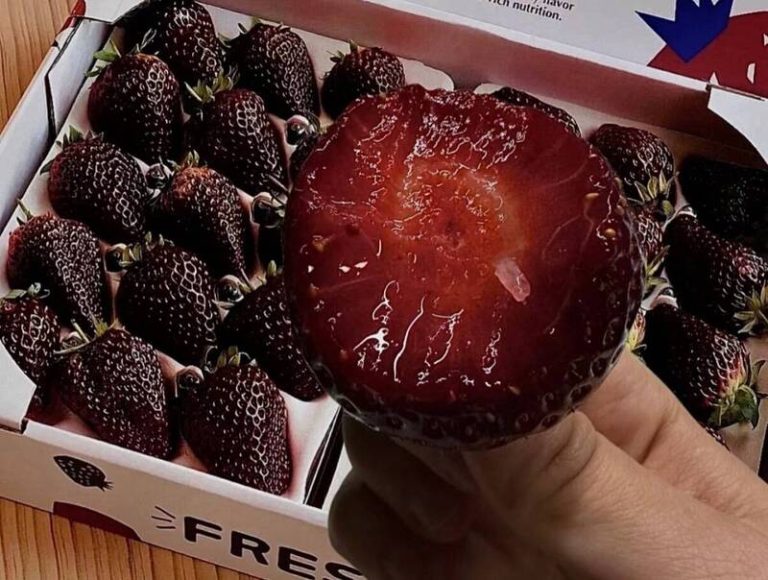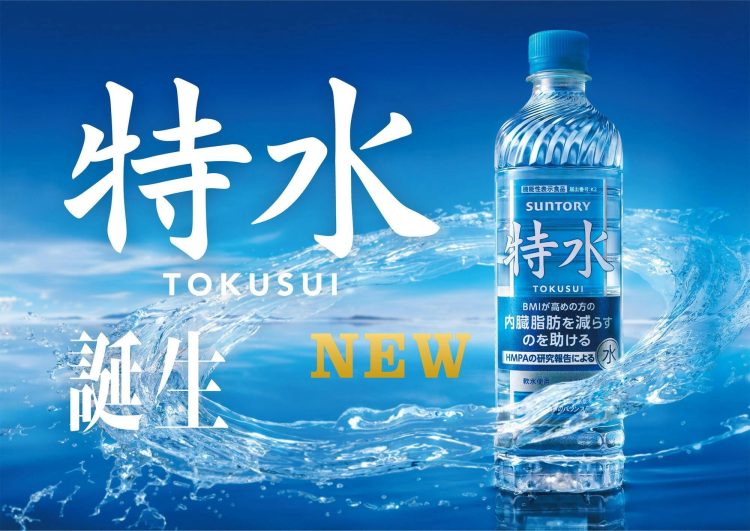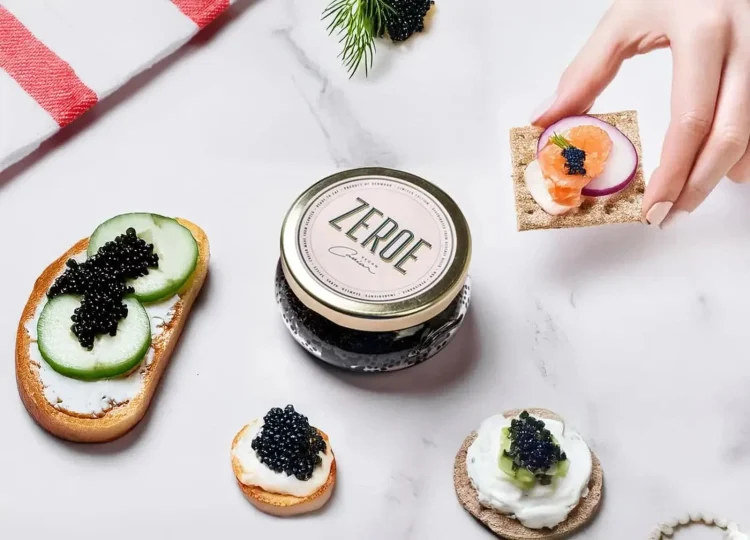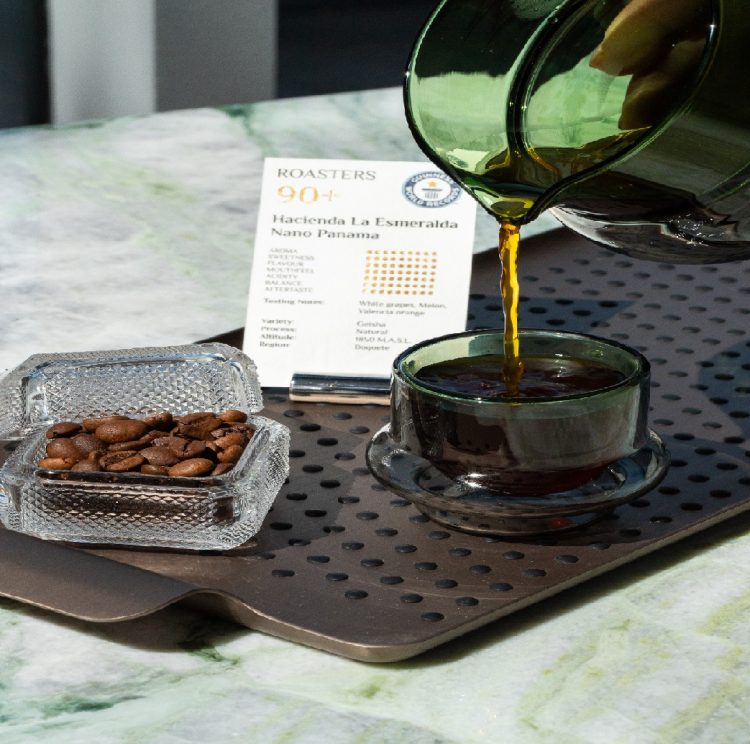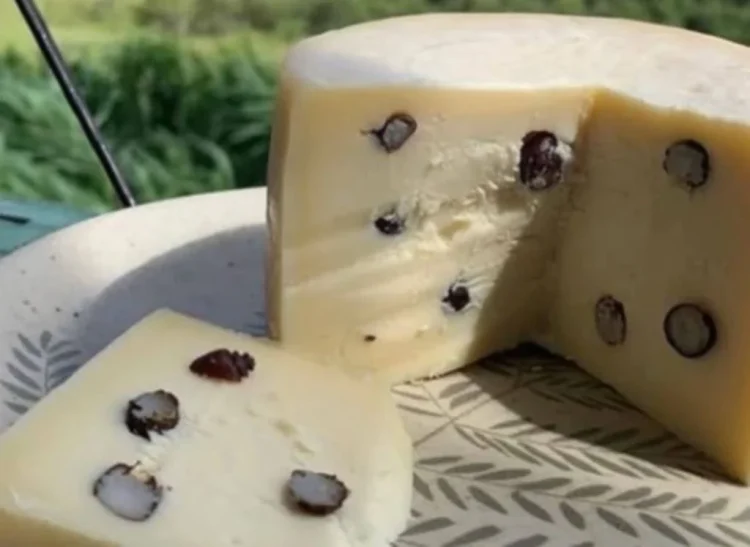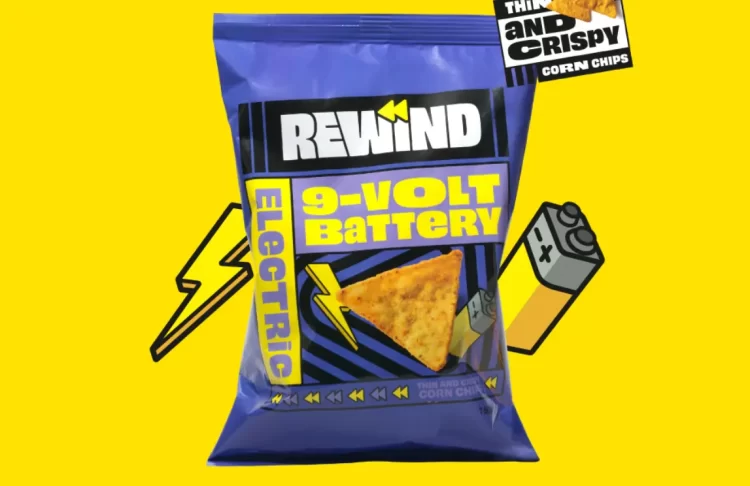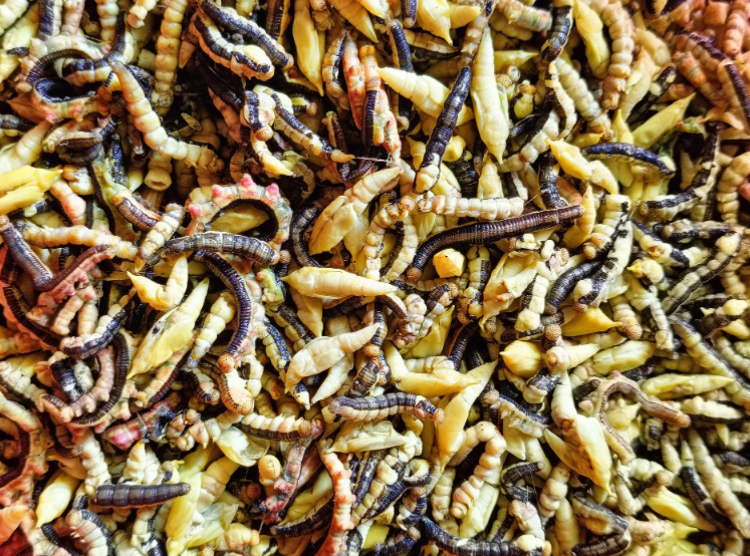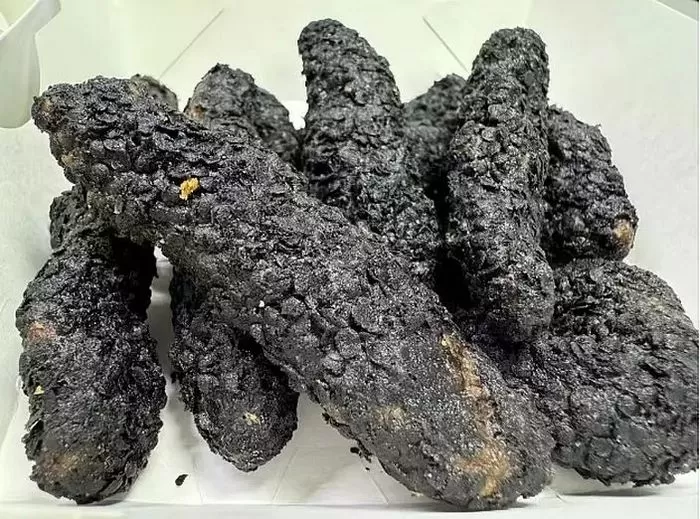A couple of wine experts from San Francisco are apparently able to perform a miracle otherwise credited to Jesus Christ himself – they claim they can turn water into wine in a mere 15 minutes! The synthetic wine, made without the use of grapes, is produced by combining water and ethanol with flavor-compounds that can mimic the taste of real wine.
Mardonn Chua and Alec Lee, founders of the start-up Ava Winery, said they were inspired to create the grape-free artificial wine after spotting a bottle of award-winning Chardonnay at a winery in California’s Napa Valley last year. They couldn’t afford the bottle of Chateau Montelena, but they got to thinking of ways to make wine that anyone can buy. “I was transfixed by this bottle displayed on the wall,” Chua said. “I could never afford a bottle like this, I could never enjoy it. That got me thinking.”
So they skipped the expensive step of growing and fermenting grapes, and instead started off with ethanol, the major component in most alcoholic beverages. Then they added compounds like ethyl hexanoate for that fruity flavor. Their initial attempts were disastrous, but they kept trying and eventually achieved some decent results, including a very close replica of the sparkling Italian white wine Moscato d’Asti.

The duo have also managed to identify the flavor compounds – like esters ethyl isobutyrate and ethyl hexanoate – in other varieties of wine like chardonnay and pinot noir, using hi tech methods like gas chromatography and mass spectrometry. All their synthetic wines consist of 85 percent water, 13 percent ethanol, and two percent flavor compounds, glycerin, sugar and tannins. Inspired by their success, Chua and Lee have also created a grape and yeast-free champagne. Their version of the 1992 Dom Pérignon champagne costs only a quarter of the original price of $200 per bottle.
As interesting as the concept of cheap synthetic wine may be, not everyone is excited about it, and that includes wine connoisseurs. “It’s nonsense, to be honest with you,” asserted Alain Deloire, director of the National Wine and Grape Industry Center at Charles Sturt University in Australia. Deloire argues that the landscape where the grapes grow have a definite impact on the quality of real wine, and this is what customers always look for.

Tony Milanowski, a winemaking expert at UK’s Plumpton College has his doubts about the product as well – he believes that some flavor compounds that are gradually produced when microbes ferment grapes can never be dissolved straight into a batch of synthetic wine. And Lisa Grossman, who tasted an early version of the artificial Moscato d’Asti was very disappointed with the product. “The smell was the first thing that gave the synthetic stuff away,” she wrote, adding that it “smelled astringent, more like cleaning alcohol or plastic.”
But Chua and Lee are not worried about the contradicting opinions and criticism. “The big secret here is that most compounds in wine have no perceptible impact on the flavor or the aroma,” Lee said. “It’s absolutely going to be substantially cheaper.” And they could be right – the curiosity around the product is probably going to boost sales, at least until the initial buzz dies out.

Sources: Daily Mail, New Scientist


